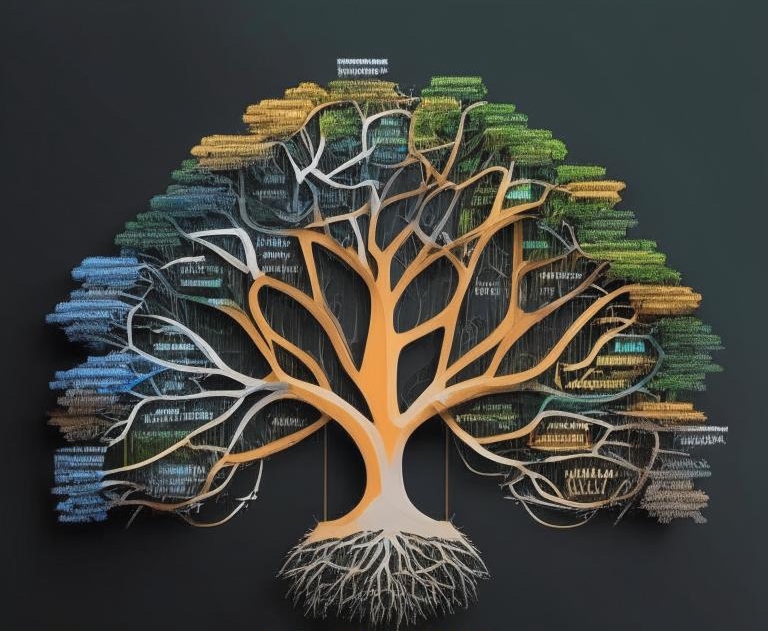Cloud Platforms
by Oleg Sovetnik
Let’s consider cloud platforms, including PaaS (Platform as a Service), IaaS (Infrastructure as a Service), and SaaS (Software as a Service). These platforms play a crucial role in the modern digital ecosystem, providing businesses and users with scalable computing resources, applications, and infrastructure via the internet.
- PaaS (Platform as a Service): platforms for developing and deploying applications in the cloud.
- IaaS (Infrastructure as a Service): systems providing virtualized infrastructure such as servers, storage, and networks.
- SaaS (Software as a Service): applications delivered over the internet, such as Google Workspace, Salesforce, etc.
Possible Sociological Theories for Conceptualizing Cloud Platforms:
- Actor-Network Theory (ANT) (Bruno Latour)
Cloud platforms can be viewed as complex networks of actors, including users, virtual resources, interfaces, and infrastructure. In this theory, technologies and people play equally important roles in the interaction network. PaaS, IaaS, and SaaS are systems where users interact with infrastructure and services, and each platform component affects the others.
From an ANT perspective, each cloud platform (PaaS, IaaS, SaaS) consists of interconnected elements—servers, virtual machines, APIs, developers, end-users, and network resources. The Umwelt describes how the system perceives these interactions and adapts to changing conditions, such as scaling resources based on demand.
- Structuration Theory (Anthony Giddens)
Structuration theory explains how users’ actions and technological structures mutually influence one another. In cloud platforms, developers’ and users’ actions shape the platform’s structure, which, in turn, defines possible actions within the system. For example, developers using PaaS follow the platform’s rules and limitations, which also evolve under the influence of their actions.
In the context of cloud platforms, the Umwelt includes the rules and possibilities for interacting with resources (servers, virtual machines, applications), providing users with freedom to work while controlling access to resources and setting boundaries for potential interactions.
- Institutionalization Theory (Paul DiMaggio and Walter Powell)
Cloud services often standardize processes in organizations by embedding them into managed and automated solutions. For instance, using SaaS systems institutionalizes specific practices for managing, storing, and processing data, while PaaS and IaaS implement standards for development and infrastructure management.
From the perspective of institutionalization, the Umwelt describes how cloud services cement organizational practices and standards. For example, SaaS services offer unified interfaces and processes that organizations use to automate their work, changing internal structures and interactions with technology.
- Theory of Networks and Platforms (Jean Tirole)
This theory views platforms as interaction networks where value is created through the connection of participants and resource exchange. In the context of cloud platforms, this theory helps understand how users and developers interact through infrastructure and services, creating ecosystems with high interdependence.
Here, the Umwelt describes the ecosystems that form around cloud platforms, where companies and users interact with services and infrastructure to develop, launch, and use applications. Each platform (PaaS, IaaS, SaaS) builds its own Umwelt, dependent on user needs and interactions with other system components.
For cloud platforms, the most suitable theory is the Theory of Networks and Platforms. It allows viewing PaaS, IaaS, and SaaS as ecosystems where users and developers interact with virtualized infrastructure and services. This helps to better understand the dynamics of platform development, their interdependencies, and the role each component plays in creating value.
cloud service structuration-theory institutionalization-theory platform-networks actor-network theory
